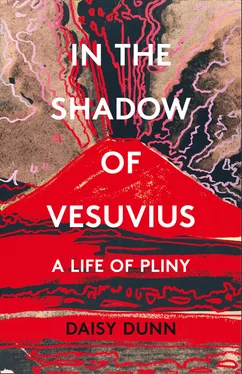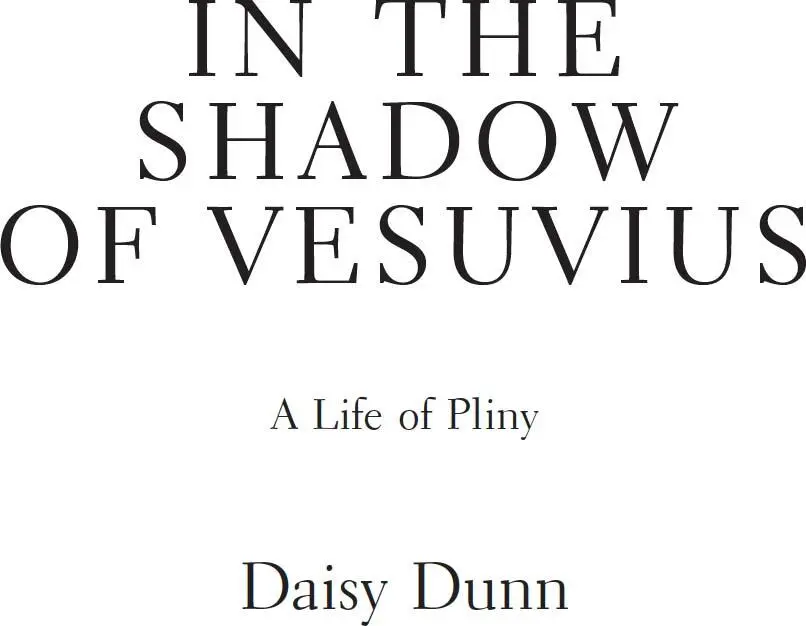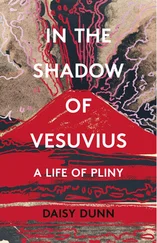
William Collins
An imprint of HarperCollins Publishers
1 London Bridge Street
London SE1 9GF
www.WilliamCollinsBooks.com
This eBook first published in Great Britain by William Collins in 2019
Copyright © Daisy Dunn 2019
Cover image: Vesuvius, 1985 (screenprint in colours),
Warhol, Andy (1928–87) / Private Collection Photo © Christie’s Images / Bridgeman Images.
Daisy Dunn asserts the moral right to be identified as the author of this work
Maps by Martin Brown
Lines from ‘The Barn’ from Death of a Naturalist by Seamus Heaney reproduced courtesy of Faber and Faber Ltd.
A catalogue record for this book is available from the British Library
All rights reserved under International and Pan-American Copyright Conventions. By payment of the required fees, you have been granted the non-exclusive, non-transferable right to access and read the text of this e-book on-screen. No part of this text may be reproduced, transmitted, down-loaded, decompiled, reverse engineered, or stored in or introduced into any information storage and retrieval system, in any form or by any means, whether electronic or mechanical, now known or hereinafter invented, without the express written permission of HarperCollins
Source ISBN: 9780008211097
Ebook Edition © May 2019 ISBN: 9780008211103
Version: 2020-07-09
For my grandparents, Don and Wendy Short
Contents
Cover
Title Page
Dedication
Copyright
Maps
Nota
PART ONE: Aut-
Prologue : Darker than Night
1. Roots and Trees
PART TWO: Winter
2. Illusions of Immortality
3. To Be Alive is to Be Awake
4. Solitary as an Oyster
5. The Gift of Poison
PART THREE: Spring
6. Pliniana
7. The Shadow of Verona
8. Portrait of a Man
9. The Death of Principle
PART FOUR: Summer
10. The Imitation of Nature
11. A Difficult, Arduous, Fastidious Thing
12. Head, Heart, Womb
13. After the Solstice
PART FIVE: -umn
14. Life in Concrete
15. Depraved Belief
Epilogue : Resurrection
Picture Section
Timeline
List of Illustrations
Footnotes
Notes
Select Bibliography
Index
Acknowledgements
About the Author
By the Same Author
About the Publisher
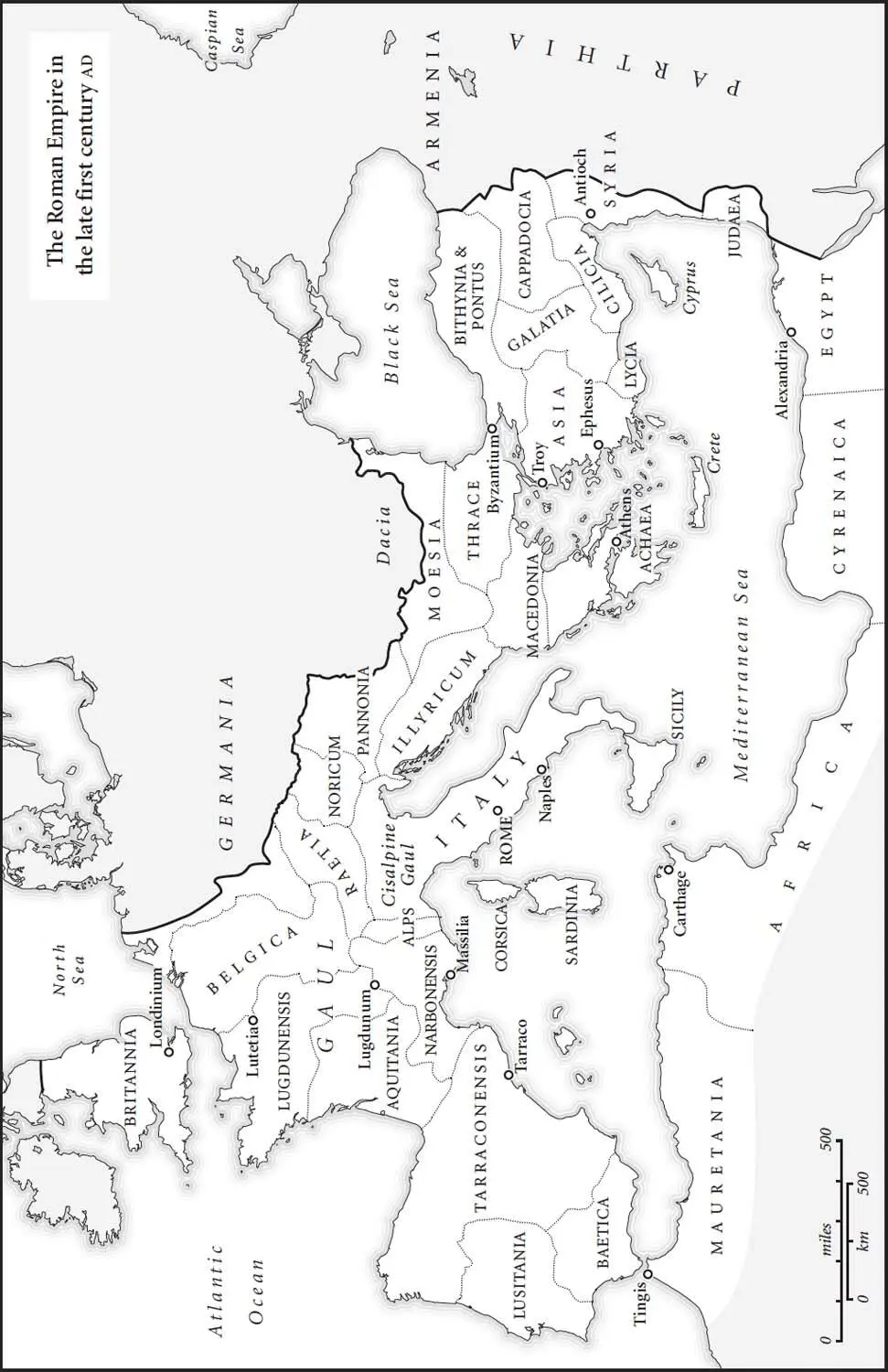
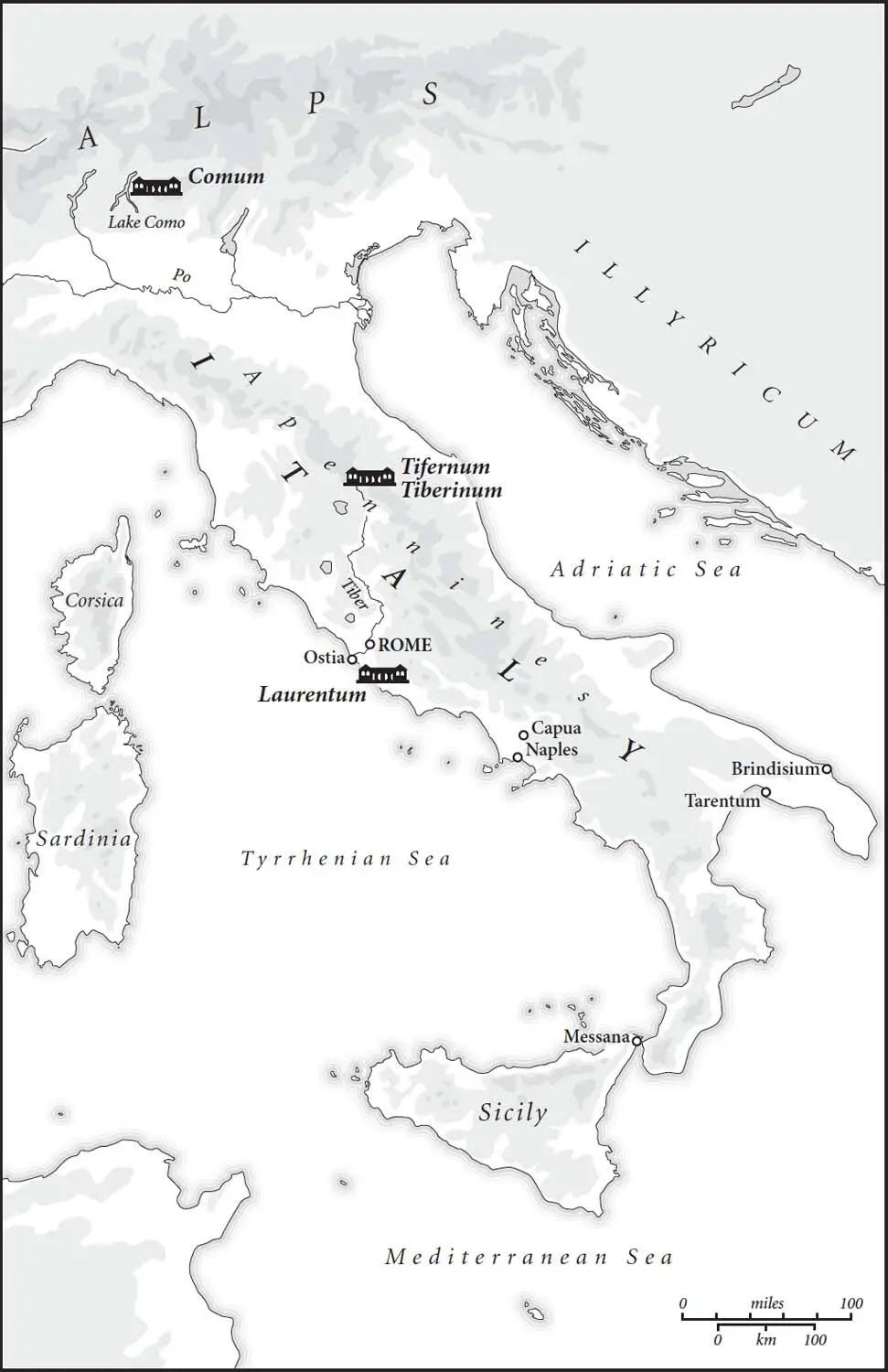
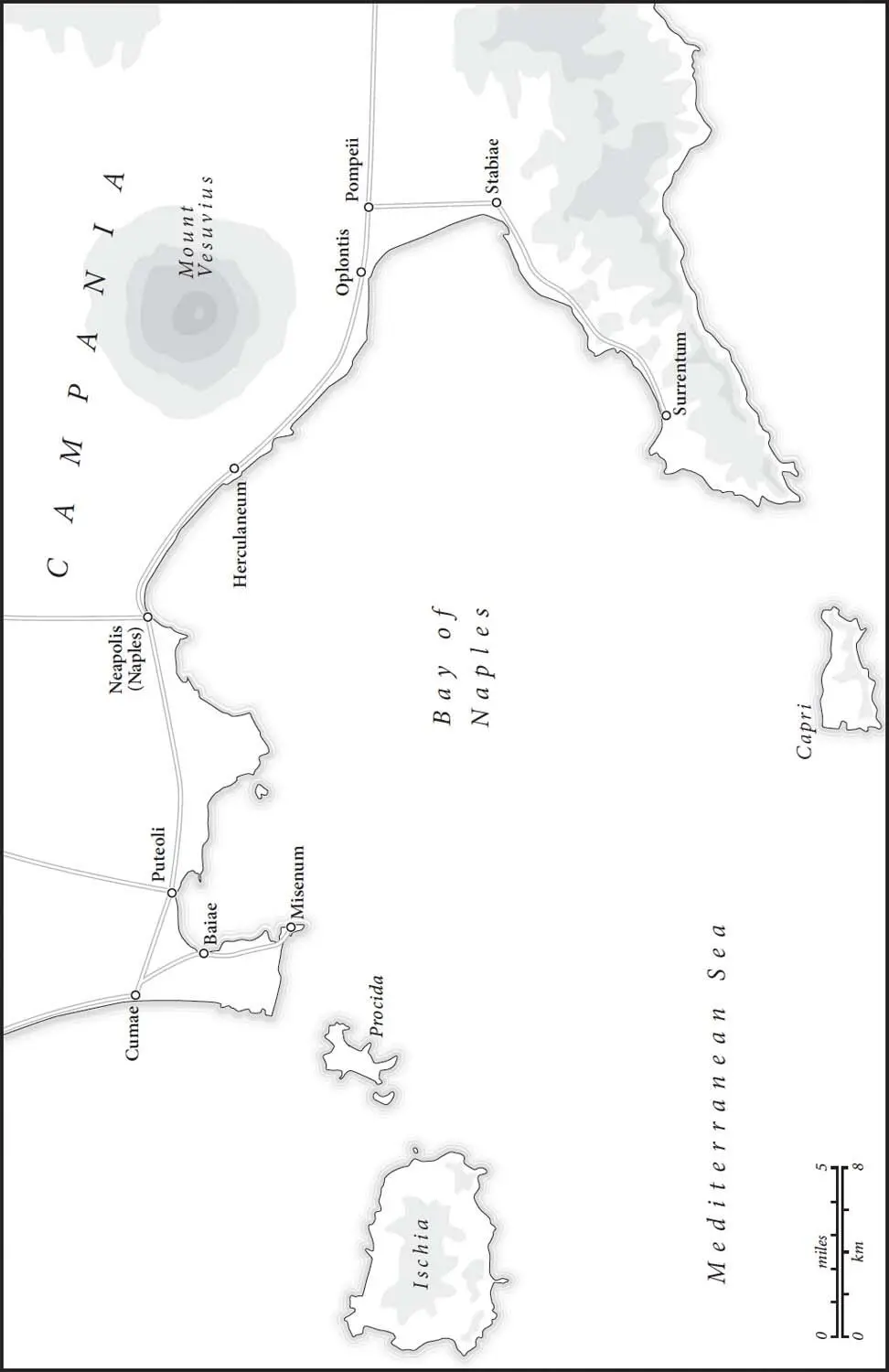
This book explores the ways in which the Plinys – Younger and Elder – thought about life, death and the natural world. It is a dual biography structured around the life of the younger, better-documented Pliny, whom I have pursued through his Letters together with his uncle Pliny the Elder’s extraordinary encyclopaedia, the Natural History . It is also a celebration of the enduring appeal of both men, their work and the treatment of their ideas through the passage of time.
Reading the Letters and Natural History in Latin is very involving and requires much to-ing and fro-ing between sources – from Roman histories to satires; from ancient Greek poetry and medical tracts to the writings of the Church fathers. Among Pliny the Younger’s regular correspondents were the historian Tacitus and biographer Suetonius, whose celebrated accounts of the emperors post-date his letters by a number of years and supplement several of his descriptions of events in Rome. There are also a good many surviving but largely forgotten inscriptions and archaeological remains which are relevant to the lives of the two Plinys. I have brought these together with the literary sources in order to provide a three-dimensional view of the world from which they came. All translations from the Greek and Latin are my own, unless indicated otherwise.
In the spirit of both Plinys, I have eschewed a strictly chronological narrative and followed rather the seasons of the Younger’s life, while drawing on the Natural History throughout. The shape of the book gives a flavour of Pliny the Younger’s year, which was structured slightly differently from ours. Julius Caesar had reformed the calendar in the first century BC because it had fallen out of step with the seasons – the discrepancy caused by the fact that it was based on the cycle of the moon. Caesar had it replaced with a solar calendar. There were now twelve months divided into thirty or thirty-one days each, with the exception of February which, as today, had twenty-eight, or twenty-nine every leap year. Although Pliny the Elder confessed that there was still little exactitude in ascertaining the proper time for a star to appear, or in marking the beginning of a new season when change is so gradual and weather so unpredictable, the Julian Calendar offered a stable framework. Pliny the Elder had winter begin on 11 November, spring on 8 February, summer on 10 May and autumn on 8 or 11 August.
PART ONE
PROLOGUE
Darker than Night
Lucky, I think, are those men with a god-given gift for doing what deserves to be written about or writing what deserves to be read – and very lucky are those who can do both. Through his own books and yours, my uncle will be one of these.
Pliny the Younger to Tacitus, Letter 6.16
The crisis began early one afternoon when Pliny the Younger was seventeen and staying with his mother and uncle in a villa overlooking the Bay of Naples. His mother noticed it first, ‘a cloud, both strange and enormous in appearance’, forming in the sky in the distance. Pliny said that it looked like an umbrella pine tree, ‘for it was raised high on a kind of very tall trunk and spread out into branches’. But it was also like a mushroom: as light as sea foam – white, but gradually turning dirty, elevated on a stem, potentially deadly. 1They were too far away to be certain which mountain the mushroom cloud was coming from, but Pliny later discovered it was Vesuvius, some thirty kilometres from Misenum, where he and his mother Plinia were watching.
The cape of Misenum was famous for its sea urchins and even more so for its harbour, which was home to one of Rome’s two imperial fleets. 2Its name preserved the memory of Misenus, trumpeter of Aeneas, who fought alongside Hector in the Trojan War and escaped the burning citadel only to perish ‘in a death he did not deserve’. ‘In his foolishness,’ said Virgil, ‘he happened to fill the waves with sound by blowing into a seashell, and summon the gods to a song contest.’ 3Triton, son of the sea god Neptune, drowned him in his envy. It was in the course of gathering wood for Misenus’ funeral pyre, in the volcanic region of Cumae, that Aeneas discovered the golden bough that secured his entry to the Underworld.
Читать дальше
